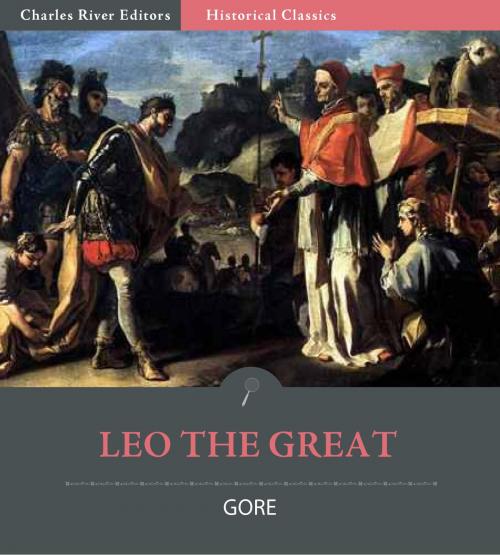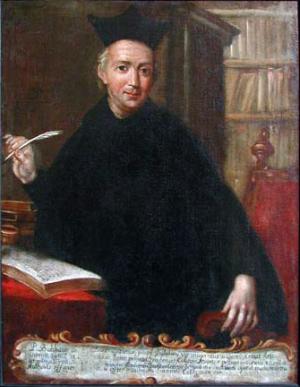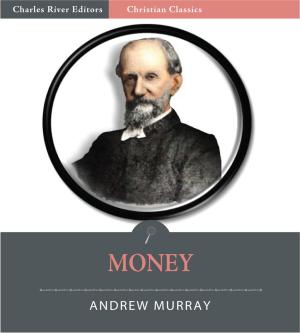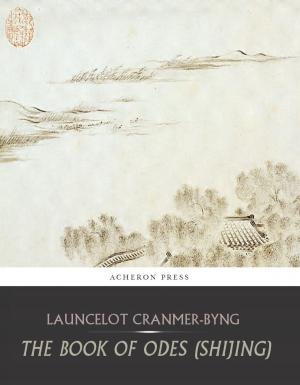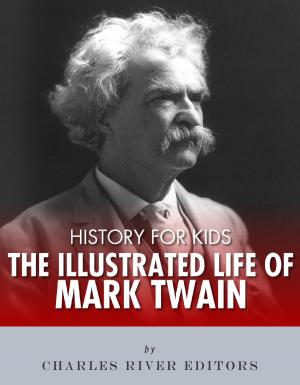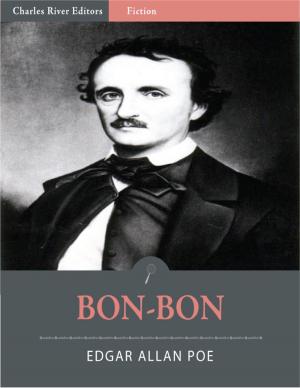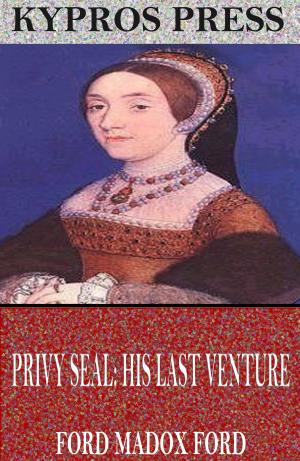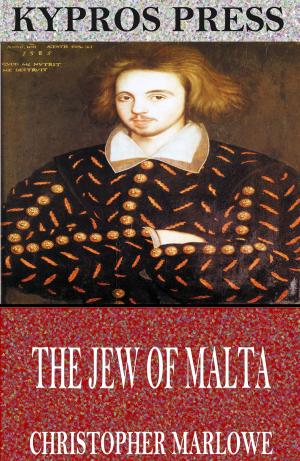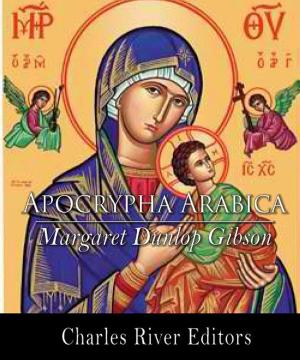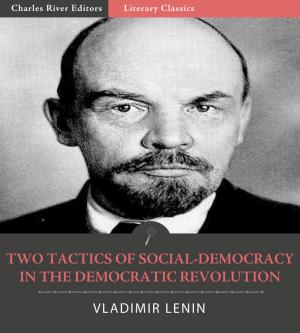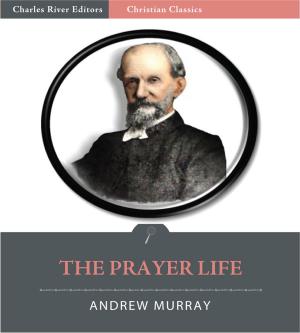Leo the Great
Nonfiction, Religion & Spirituality, Christianity, Church, Church History, Biography & Memoir, Religious, Historical| Author: | Reverend Charles Gore | ISBN: | 9781475318869 |
| Publisher: | Charles River Editors | Publication: | October 22, 2012 |
| Imprint: | Language: | English |
| Author: | Reverend Charles Gore |
| ISBN: | 9781475318869 |
| Publisher: | Charles River Editors |
| Publication: | October 22, 2012 |
| Imprint: | |
| Language: | English |
The most popular account of the legendary meeting between Attila and Valentinians delegation credits Pope Leo the Great with somehow talking the barbarian out of sacking Rome. Ecclesiastical chronicles that later recounted the event imbue Leo with quasi-miraculous powers of persuasion and depict him as being capable of harnessing the power of Heaven to persuade Attila of the sinfulness of sacking the foremost city in Christianity. Others credited a vision of St. Peter and St. Paul converting Attila on the spot, with the unrepentant pagan somehow undergoing a new religious fervor. Prosper, a Christian chronicler, wrote an account in 455 that credited Leo with convincing the king of the Huns to withdraw a few years earlier. These accounts led to the romanticization of the meeting and the role Leo the Great played in it. Reverend Gore discusses Leo's life and the legendary encounter with Attila in this full length biography.
The most popular account of the legendary meeting between Attila and Valentinians delegation credits Pope Leo the Great with somehow talking the barbarian out of sacking Rome. Ecclesiastical chronicles that later recounted the event imbue Leo with quasi-miraculous powers of persuasion and depict him as being capable of harnessing the power of Heaven to persuade Attila of the sinfulness of sacking the foremost city in Christianity. Others credited a vision of St. Peter and St. Paul converting Attila on the spot, with the unrepentant pagan somehow undergoing a new religious fervor. Prosper, a Christian chronicler, wrote an account in 455 that credited Leo with convincing the king of the Huns to withdraw a few years earlier. These accounts led to the romanticization of the meeting and the role Leo the Great played in it. Reverend Gore discusses Leo's life and the legendary encounter with Attila in this full length biography.
